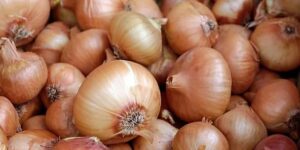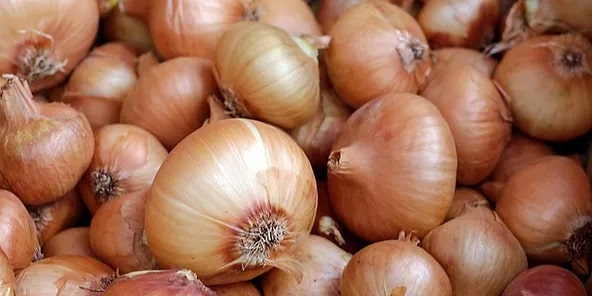
Quercetin is a naturally occurring flavonoid found in many fruits, veggies, and grains. It’s been getting a lot of buzz for its potential superpowers—antioxidant, anti-inflammatory, and immune-boosting benefits! Let’s break it down into bite-sized chunks that are easy to digest—just like quercetin gummies!
Why You Might Want Some Quercetin in Your Life
Quercetin isn’t just a fancy word—it may actually make a big difference to your health. Here’s what it can do:
- Fight inflammation: Quercetin helps by slowing down inflammatory pathways. Less inflammation, more you.
- Neutralize free radicals: Think of it as your body’s clean-up crew, swooping in to reduce oxidative stress, keeping your cells from going haywire.
- Boost immunity: Some studies say quercetin might give your immune system a little pep talk, potentially helping you fend off infections (yes, even viral ones!).
- Support heart health: Quercetin could lend a hand with lowering blood pressure and keeping blood vessels flexible.
- Ease allergies: It acts like a natural antihistamine, so say goodbye to sneezing fits from pollen season!
Quercetin Forms: How Would You Like Your Flavonoid Served?
There are multiple ways to get quercetin into your system:
- Capsules/Tablets: Simple and common—just pop one and go.
- Powder: Mix it with water, smoothies, or whatever you fancy.
- Softgels: Similar to capsules, but might absorb better.
- Liposomes: Encapsulated for better absorption—sounds high-tech because it is!
- Gummies: Yep, you can now chew your way to better health with quercetin gummies!
Why Are Quercetin Gummies So Popular?
Well, if you’re tired of swallowing pills or mixing powder, gummies might be your sweet spot! They taste good and are convenient. Just watch out for any added sugars or artificial junk—your healthy supplement shouldn’t come with a sugar rush!
Onions: The Unsung Quercetin Hero
Surprise! Onions, especially red ones, are packed with quercetin. They’re like the Clark Kent of the flavonoid world—seemingly mild but hiding some serious health benefits! Other natural sources include:
- Apples (An apple a day… you know the drill!)
- Broccoli
- Berries (Blueberries and cranberries for a superfood punch!)
- Green tea
How Much Quercetin Do You Need?
Doses typically range from 500 to 1,000 mg a day, but some studies use even more. For best absorption, take it with meals, especially since it’s fat-soluble. A little avocado or olive oil with that broccoli will help your body make the most of it!
The Science-y Stuff: Quercetin’s Role in Anti-Aging
Now, for all you health nerds (we see you):
- Antioxidant Effects: Quercetin helps protect your cells from oxidative stress—a major player in the aging process.
- Inflammation Control: Chronic low-grade inflammation (aka inflammaging) is tied to aging. Quercetin helps tone down those inflammatory markers.
- Mitochondrial Magic: Quercetin may help boost your mitochondria (the power plants of your cells), keeping your energy levels up as you age.
- Cell Senescence: Quercetin might even help your body get rid of old, damaged cells that contribute to aging (good riddance!).
- Telomere Support: Though research is still young, quercetin may help protect those tiny caps at the ends of your chromosomes—longer telomeres = longer, healthier life!
- Autophagy Boost: Think of autophagy as your cells’ “spring cleaning” system. Quercetin helps kickstart this process, sweeping out old, damaged parts of your cells and keeping them in tip-top shape.
Bottom Line
Quercetin is more than just a trendy supplement—it’s like a Swiss Army knife for your health! Whether you want to boost your immune system, fight inflammation, or support healthy aging, this flavonoid’s got you covered. Plus, with options like gummies, tablets, and (if you love onions) eating more veggies, it’s never been easier to add to your routine.
But before you go on a quercetin spree, check with a healthcare professional—especially to find the right dose and form for you!
So, go ahead, add a little quercetin to your diet and let your health say “thank you!”










